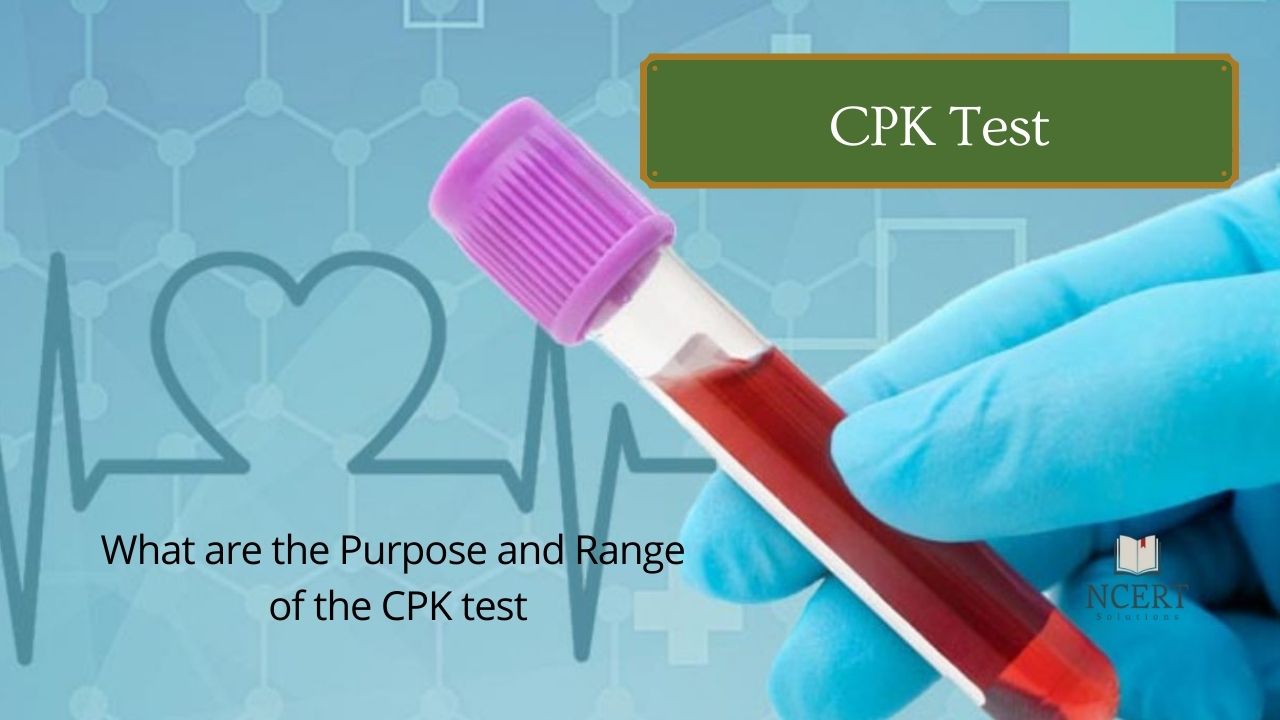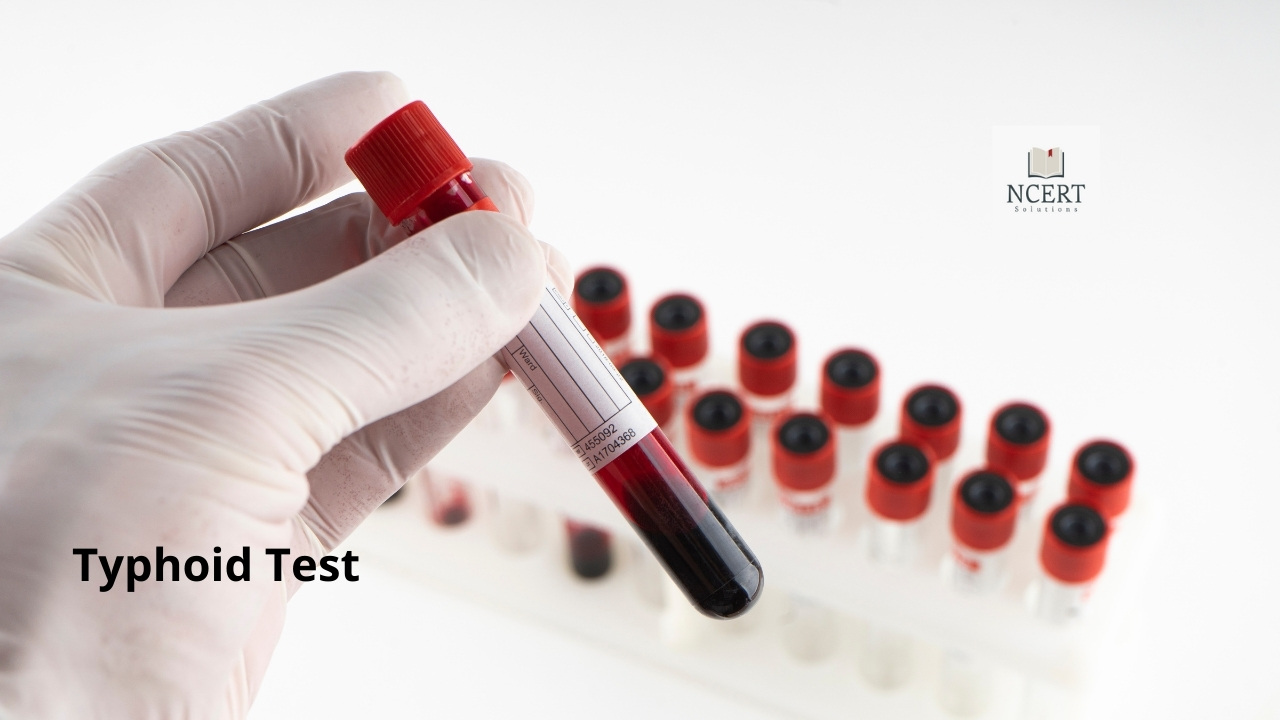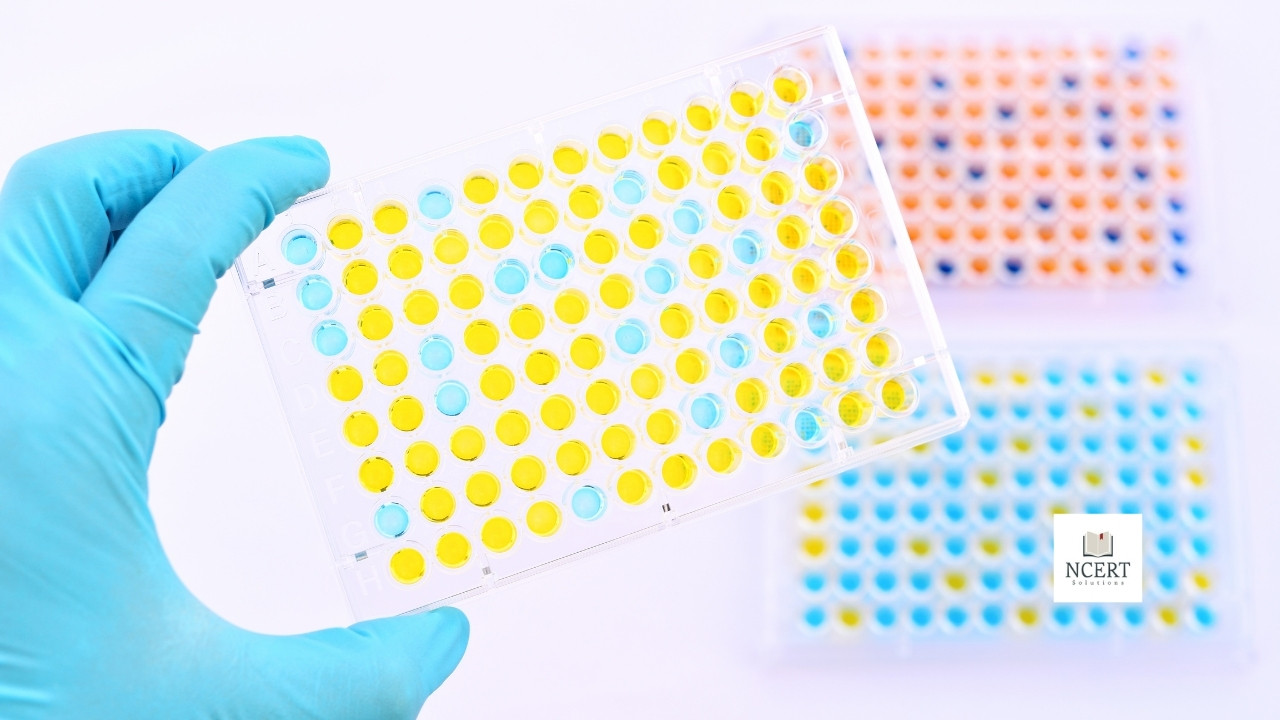The Creatine Phosphokinase (CPK) test, also called the Creatine Kinase (CK) test, measures the levels of CPK enzyme in the blood. CPK is found primarily in the heart, brain, and skeletal muscles, where it helps generate energy for muscle contractions. Elevated levels may indicate muscle damage or stress due to various medical conditions.
Why is the CPK Test Done?
According to the Mayo Clinic, Doctors recommend a CPK test when muscle damage, inflammation, or injury is suspected. It helps diagnose or monitor conditions such as:
- Muscle disorders (e.g., muscular dystrophy, polymyositis)
- Heart conditions (e.g., myocardial infarction or heart attack)
- Brain injuries (e.g., stroke, seizures)
- Rhabdomyolysis (severe muscle breakdown that can affect kidney function)
- Intense physical exertion or trauma (e.g., burns, prolonged immobility)
Symptoms That May Require a CPK Test
A doctor may order a CPK test if you experience:
- Persistent muscle pain or weakness
- Difficulty moving muscles or unexplained cramps
- Dark-colored urine, which may indicate muscle breakdown
- Symptoms of a heart attack (chest pain, shortness of breath, dizziness)
- Swelling or stiffness in the muscles
CPK Isoenzymes: Identifying the Affected Area
CPK exists in three distinct forms, or isoenzymes, which help pinpoint the source of muscle damage:
| Isoenzyme | Location | Indicates Damage To |
|---|---|---|
| CPK-MB | Heart Muscle | Myocardial infarction (heart attack) |
| CPK-MM | Skeletal Muscle | Muscle injury or diseases like muscular dystrophy |
| CPK-BB | Brain | Brain injuries or stroke |
How is the CPK Test Performed?
A CPK test is a simple blood test requiring no special preparation. A healthcare provider will:
- Clean the skin and insert a small needle into a vein.
- Draw a small blood sample and send it to a laboratory.
- Analyze the CPK levels and identify potential concerns.
Possible Side Effects: Minor pain, bruising, or dizziness at the needle site, which usually resolves quickly.
Understanding CPK Test Results
CPK levels are measured in micrograms per liter (mcg/L):
| Normal Range | 10-120 mcg/L |
Possible Causes of High CPK Levels:
- Heart attack (myocardial infarction)
- Muscle injury or strenuous exercise
- Muscular dystrophy or inflammatory myopathies
- Brain conditions (stroke, seizure disorders)
- Severe infections or chronic diseases
Possible Causes of Low CPK Levels:
- Early pregnancy (CPK naturally decreases)
- Low muscle mass
- Chronic illness affecting muscle function
CPK vs. Troponin: Which Test is More Reliable for Heart Attacks?
While CPK-MB was previously used to detect heart attacks, modern medicine relies more on the Troponin test, which is more specific to heart muscle damage. However, CPK testing may still be useful in detecting recurring heart attacks or muscle disorders.
Final Thoughts
A CPK test is a valuable diagnostic tool for detecting muscle damage but should be interpreted alongside other tests like electrolyte levels, kidney function tests, and cardiac biomarkers. If you receive an abnormal result, consult a doctor for further evaluation and appropriate medical guidance.




